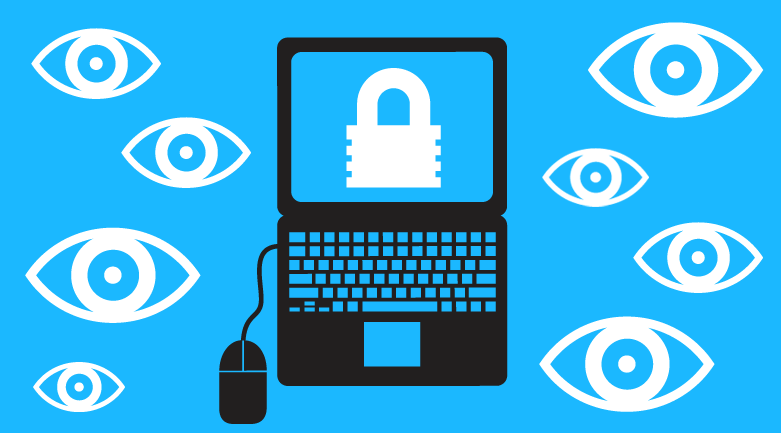
Worldwide Censorship Suppliers Want More Censorship
The movement to save Net Neutrality by reclassifying broadband providers as common carriers got another boost via Wednesday’s Internet Slowdown protest. But the other side isn’t relenting. This week a number of phone and cable equipment suppliers sent a letter to Secretary of Commerce Penny Pritzker urging her to oppose reclassification.
The letter in itself is not surprising. The companies listed are business partners of the largest U.S. Internet providers — the same companies that support FCC Chairman Tom Wheeler’s plan to allow discrimination online.
What is noteworthy, as Ars Technica pointed out, is that some of the companies that signed on produce Internet-censorship equipment.
Sandvine, for example, is a Canadian company that creates “Intelligent Broadband Networks.” This intelligence allows Internet providers to pick and choose the websites consumers will be charged to access. It’s the exact kind of activity that dictates winners and losers online.
Sandvine also helped a Latin American operator maintain a list of websites and ensure that “only applications outside the designated list counted against the regular data block.” If that sounds familiar, it’s because Sandvine is the company that supplied Comcast with the equipment that degraded the connections of millions of Americans.
Given the goal of its business, it makes sense for a company like Sandvine to advocate for Internet providers’ “right” to control what their customers can and can’t do. After all, Sandvine has customers in over 85 countries, including more than 30 in the Middle East and Africa. This list includes a number of countries that limit their citizens’ online free speech rights.
For instance, Sandvine not only counts the United Arab Emirates, Qatar, Bahrain, Kuwait, Oman and Thailand as customers but celebrates them in press releases. These countries block LGBT content, religious content, sexual health resources, political content that’s critical of those in power and resources designed to help individuals protect their privacy and circumvent Web blocking. Since 2011, Thailand has blocked over 20,000 websites.
The Commerce Department should make particular note of this letter because it’s spent years working to prevent U.S. companies from exporting Internet-censorship equipment across the globe. Secretary Pritzker should consider the motivations of companies that advocate for “innovation” but also profit from global Internet censorship.
That companies are profiting in this way is further proof that we need Title II reclassification to protect Internet freedom and preserve free expression online. As an Obama administration official said, “If it bothers you that the China government does it, it should bother you when your cable company does it.”
Adam Lynn is a strong Net Neutrality supporter and a former Free Press research manager.